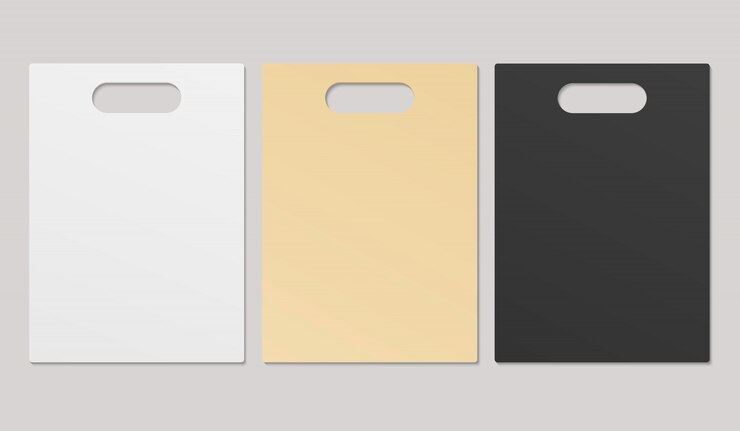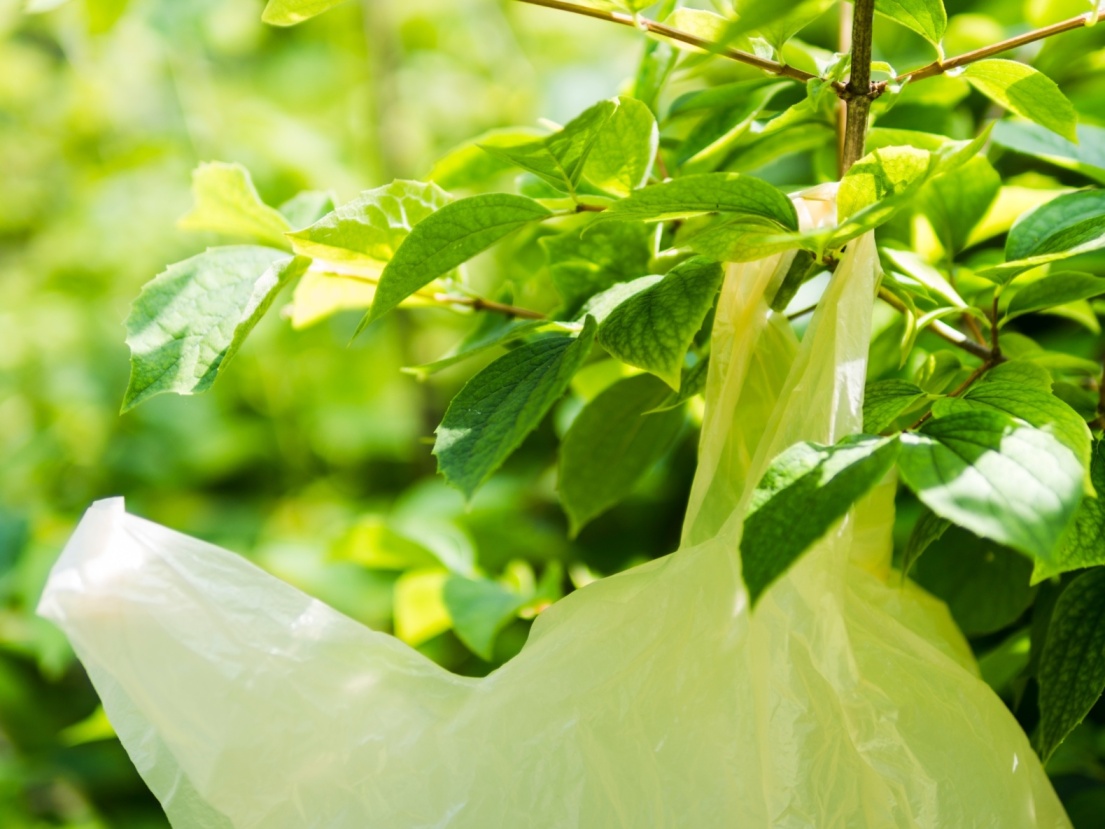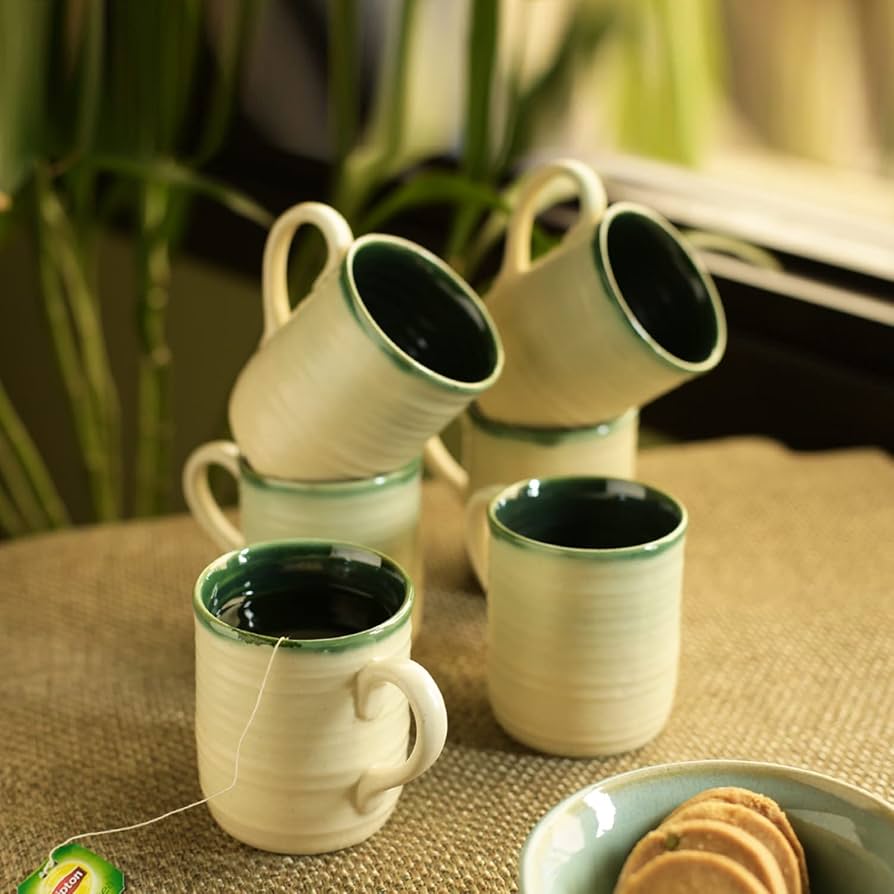The Evolution of D Cut Bags in Modern Packaging

Strong 8k brings an ultra-HD IPTV experience to your living room and your pocket.
In the fast-evolving world of packaging, innovation isn't just about functionality — it's about sustainability, convenience, branding, and aesthetics. One such packaging product that has quietly transformed over the years is the D cut bag. From humble beginnings as a simple plastic carry solution to its modern eco-friendly variations, D cut bags have carved a niche in both retail and industrial sectors.
In this blog, we’ll explore the evolution of D cut bags in modern packaging, their growing role in sustainability, and why they’re now a preferred choice for businesses and consumers alike.
What Is a D Cut Bag?
A D cut bag is a type of carry bag that features a handle die-cut into the shape of the letter "D" near the top of the bag. This cut-out allows for easy carrying without the need for additional straps or handles. These bags are widely used in retail outlets, exhibitions, trade shows, and even in hospitality settings for handing out brochures, clothing, or giveaways.
Initially, D cut bags were primarily made from plastic, offering a lightweight and cost-effective packaging solution. However, growing concerns around plastic waste have paved the way for newer, more sustainable versions made from non-woven fabric, paper, and biodegradable materials.
The Rise of the D Cut Plastic Carry Bag
The D cut plastic carry bag gained widespread popularity in the late 20th century due to its simplicity and practicality. Retailers appreciated the convenience of lightweight bags that could be mass-produced at low costs, while customers enjoyed the comfort of a neatly designed bag that was easy to carry.
Advantages of early D cut plastic bags included:
- Low cost of production
- Custom printing for brand visibility
- Compact and easy to store
- Durability for light to medium loads
However, the widespread usage of plastic bags came at a cost — mounting environmental pollution. Non-biodegradable plastic bags began clogging landfills and waterways, leading governments and consumers to demand more sustainable alternatives.
The Shift Towards Sustainability
As environmental awareness increased, the packaging industry faced mounting pressure to innovate. The demand for alternatives to plastic bags gave rise to eco-friendly D cut carry bags made from materials like:
- Non-woven polypropylene fabric
- Cotton or jute
- Recycled paper
- Biodegradable polymers
These newer D cut bags maintained the practicality of the original design while addressing environmental concerns. Moreover, they allowed businesses to adopt sustainable packaging without compromising on branding or customer experience.
The Modern D Cut Carry Bag: Features and Benefits
Today's D cut carry bags are more than just a packaging item — they are a statement of eco-consciousness, branding, and innovation. Here's what sets them apart:
1. Material Variety
Modern D cut bags are available in non-woven fabric, paper, biodegradable plastics, and cloth, each catering to specific business needs and environmental goals.
2. Customization
Businesses can easily brand their D cut carry bags with logos, colors, slogans, and contact information, turning each bag into a mobile advertisement.
3. Strength and Durability
Unlike thin plastic variants of the past, many current D cut bags are designed to carry heavier loads, making them reusable and more customer-friendly.
4. Reusability
Modern D cut bags, especially those made from non-woven fabric, are washable and reusable — aligning with the reduce-reuse-recycle principle.
5. Eco-Friendliness
Whether it’s a compostable D cut plastic carry bag made from biodegradable polymers or a non-woven reusable one, today's options significantly reduce environmental impact.
Industry Adoption Across Sectors
The versatility of D cut bags makes them suitable for various industries:
- Retail: Clothing stores and supermarkets use D cut bags for handing out products in a stylish, convenient way.
- Healthcare: Hospitals and clinics use sterilized D cut plastic carry bags for medication or sample transport.
- Events & Exhibitions: Event organizers distribute brochures, samples, and gifts using branded D cut carry bags.
- Corporate Gifting: Businesses often pack promotional items or documents in customized eco-friendly D cut bags for gifting.
The Role of Regulations in Driving Change
Governments worldwide, including in India, have imposed bans and restrictions on single-use plastic bags. These regulations have accelerated the shift toward sustainable D cut alternatives. Manufacturers have responded with innovative materials and designs that comply with environmental norms while fulfilling functional requirements.
In India, many packaging suppliers now offer biodegradable D cut plastic carry bags made from materials like corn starch or PLA (Polylactic Acid), which decompose under industrial composting conditions.
The Future of D Cut Bags in Packaging
Looking ahead, D cut bags are poised to become even more innovative. We can expect:
- Smarter materials that degrade naturally or offer enhanced recyclability
- Better print technology for high-resolution, eco-friendly branding
- Hybrid designs combining the benefits of fabric and paper for strength and sustainability
- Integration with QR codes or NFC chips for marketing and product authentication
As businesses become more environmentally responsible and consumers more conscious of their choices, the D cut carry bag will continue to be a go-to solution for sustainable, practical packaging.
Final Thoughts
From single-use plastic to reusable, eco-conscious alternatives, the evolution of D cut bags in modern packaging mirrors the broader shift toward sustainability in the industry. Today’s D cut bags are not only functional but also align with branding, marketing, and environmental values.
Whether you're a retailer, manufacturer, or event organizer, switching to modern D cut bags — especially biodegradable or reusable versions — is a simple yet impactful step toward a greener future.
Note: IndiBlogHub features both user-submitted and editorial content. We do not verify third-party contributions. Read our Disclaimer and Privacy Policyfor details.







